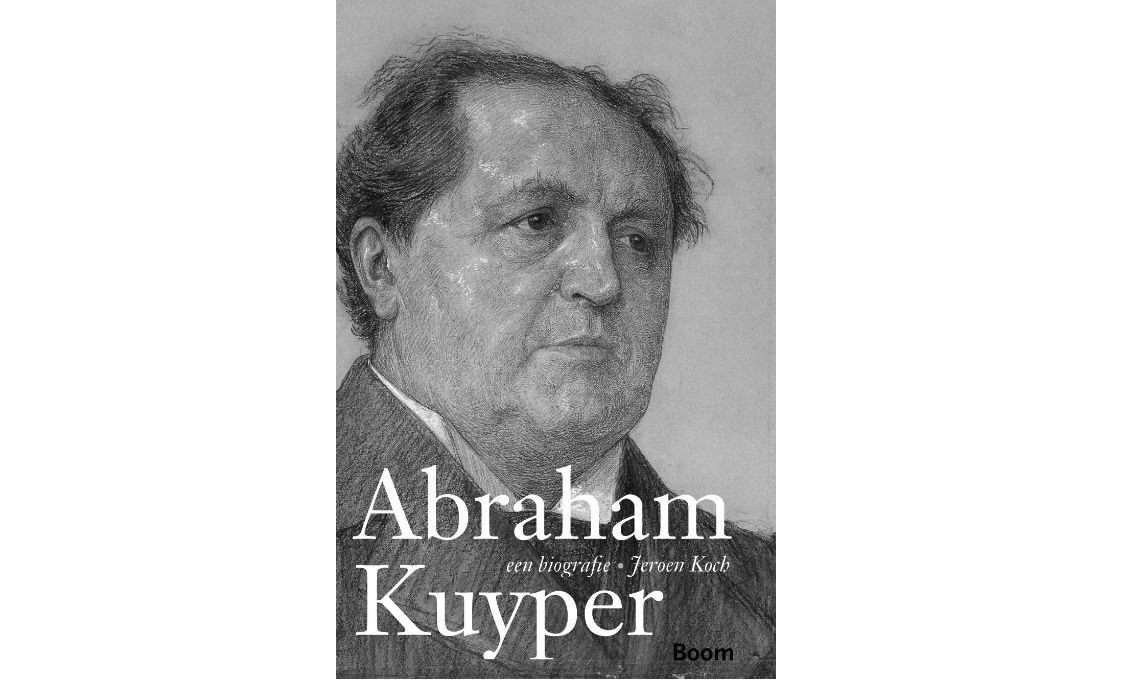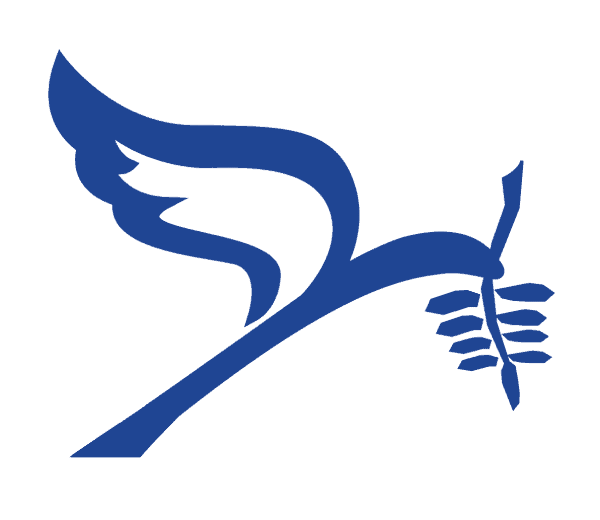The ‘Complete’ Kuyper

In the past year articles in Christian Courier looked at various aspects of Abraham Kuyper’s thought and theology, and historically he has had a very favourable press in Reformed circles. Some years ago the Dutch historian Jeroen Koch published a 600-page biography of Kuyper that I would recommend to all who are interested in an all-round picture of him.
Kuyper’s father was a liberal pastor in the Dutch Reformed Church and subscribed to the Groningen school of theology as did Abraham until he moved to Beesd, his first pastoral charge, where he converted to orthodox Calvinism that thereafter informed all of his thought and activities. After his conversion Kuyper fell under the influence of Groen van Prinsteren, founder and leader of the Anti-Revolutionary (A.R.) movement which had members in parliament. This movement had really only one platform, the replacement of the national school system with one that allowed for the creation of parent-controlled schools financed by the state. Groen, and Kuyper, felt that such a school system in which Christian parents controlled their own schools would lead to a true re-Christianization of Dutch society. They saw the national school system as one that was instilling liberal ideas – which they equated with the French Revolution – in children’s minds and so undermined Christian faith and morality.
Following the death of Groen, Kuyper assumed the leadership of the A. R. movement and wrote a 1,200 page program (Ons Program) aimed at building a Calvinistic society. He believed that the Reformation had made a good start but had, in the end, remained a halfway house. Furthermore, he believed that from the time of the Reformation onward the orthodox Calvinists had been the embodiment of the Dutch nation. The Groningen school, by contrast, saw Calvinism as a foreign import and held that religiously speaking the Dutch soul was represented by, amongst others, the Modern Devotion (a late-medieval religious reform movement in the Netherlands), Erasmus, Coornhert and the Remonstrants (Arminians).
To achieve his objective, Kuyper constructed an impressive apparatus consisting of four parts: print media, consisting of a newspaper (De Standaard) and a church publication (De Heraut), the Free University, the A. R. Party, and a separate church: Gereformeerde Kerken. The A. R. Party was the first modern political party in the Netherlands. Kuyper felt that the A. R. faction in parliament lacked the conviction and organization to fight for his program, and that what was needed was a tightly knit, organized body held together by party discipline. He was to run the party with an iron fist until a few years before his death in 1920.
The A. R. Party made substantial gains in the election of 1901 in which Kuyper himself won a seat. Kuyper’s government, which lasted until 1905, was not an effective one and failed to achieve one of its main objectives: the creation of a parent-controlled school system financed by the state. Kuyper was not a politician at heart, did not know how to compromise, did not like being questioned or contradicted, and certainly not in public, although behind closed doors he would listen to advice. In the 1905 election the A. R. Party lost big which Kuyper took quite personally. Between 1908 and 1913 another A. R. led cabinet headed by Theodore Heemskerk managed to implement much more of the A. R. program than Kuyper had been able to do, but ironically Kuyper criticized it constantly in De Standaard, going as far as to call it a “monster cabinet” because of its make-up. Kuyper was self-centred, if not narcissistic, and could not bear the idea that others were stealing his thunder. After the 1913 election the Liberals took power and this new administration introduced a bill that provided full financial support for separate schools. Kuyper, who was still party leader and a member of the Senate, was infuriated because he felt that the matter of school funding was his issue and even tried to engineer a cabinet crisis to prevent passage of the bill. Kuyper, while remaining its leader, became ever more isolated within his own party although the rank and file continued to idolize him to the very end of his life and thereafter.
Nowadays Kuyper is perhaps best remembered as the Dutch theologian of orthodox Calvinism and his theological works are still being studied. While following in the theological footsteps of Calvin, Kuyper did introduce new concepts and interpretations and labelled his own “brand” of Calvinism Neo-Calvinism. Perhaps the greatest deviation from traditional Calvinism was Kuyper’s doctrine of common grace which Koch calls a revolution in Calvinistic thinking. According to Koch, it was Kuyper’s answer to a question that puzzled him: Why is the secular world not more evil than it is? His answer to this question was common grace, which, while not salvific, was a sign of God’s love and mercy for his creation. Although not all Calvinists bought into this doctrine Kuyper saw common grace at work in the Western world in particular and established a connection between it and the role played by Calvinism in the history of the West since the Reformation era. However, in his Lectures on Calvinism delivered at Princeton Theological Seminary he assigned an overblown importance to Calvinism, and in it to Dutch Calvinists, in historical developments since the 16th century.
Altogether, Koch presents us with a picture of a highly intelligent and driven individual who frequently came close to nervous exhaustion and collapse, partly a consequence of incessant confrontations with individuals, and organizations. Throughout his life Kuyper was highly combative, perhaps a natural trait, but Koch also attributes it to Kuyper’s understanding of the historical process which was at heart a Hegelian one named after the German philosopher Friedrich Hegel. Hegel held that all of history is a battle between intellectual forces, Karl Marx held that it is between economic forces, and Kuyper between spiritual forces. Consequently throughout his life Kuyper was combatting contrary spiritual forces whether real or imagined. Koch argues that because of Kuyper’s fundamentally Hegelian view of history, controversy and strife tended to break out where he made an appearance and that he generally did little to avoid it, because for him all of life was a combat between orthodox Calvinism, and its view of the world, on the one hand and all other worldviews on the other hand. It was this view of history and the world that many of Kuyper’s followers brought to Canada with them after World War II and tried to give concrete expression to, mostly through the Christian Reformed Church, schools, printed media, labour unions and so forth.
There are also many interesting anecdotes in the book such as Kuyper telling a teetotaller that you cannot raise stalwart Calvinists on water, milk and chocolate milk alone.





